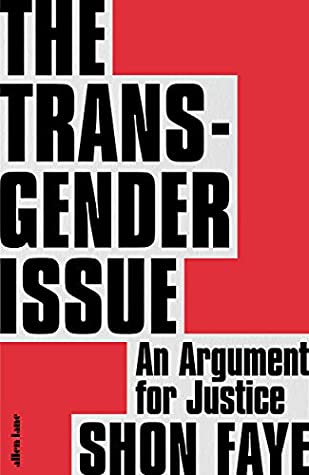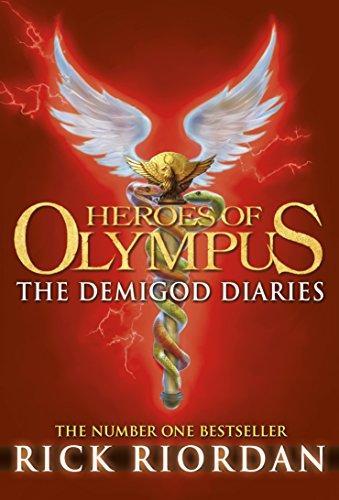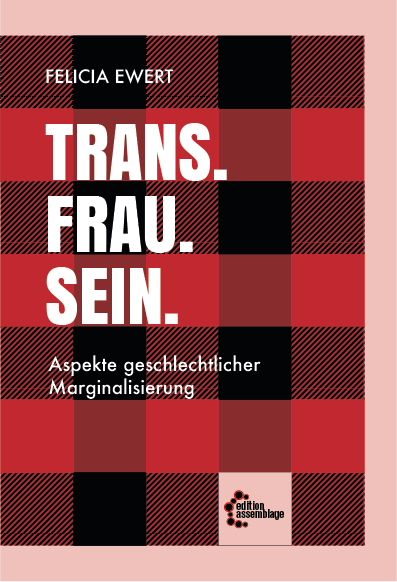Amber Age (e)k Shon Faye(r)en The Transgender Issue liburuaren kritika egin du
Review of 'The Transgender Issue' on 'Goodreads'
4 izar
Here we have another case of "great content, flawed execution".
First things first: this book is great. Shon Faye is right about 99.9% the things she says, and there are no two pages in this book where I didn't underline at least one sentence of the "louder for the people in the back" variety. She accurately details a huge number of problems trans people are faced with today, in general and in Britain in particular; she describes the various ways transphobia can express itself, highlights the crucial intersections between the liberations of trans, disabled, and BAME/BIPoC people, and all the ways in which trans people's liberation is inseparably connected with the struggle of the working class for freedom. She debunks several transphobic myths, dissects the media-driven moral panic about us, describes in detail the unholy alliance between reactionary "feminists" and American neo-nazis, and envisions a better world in which workers' …
Here we have another case of "great content, flawed execution".
First things first: this book is great. Shon Faye is right about 99.9% the things she says, and there are no two pages in this book where I didn't underline at least one sentence of the "louder for the people in the back" variety. She accurately details a huge number of problems trans people are faced with today, in general and in Britain in particular; she describes the various ways transphobia can express itself, highlights the crucial intersections between the liberations of trans, disabled, and BAME/BIPoC people, and all the ways in which trans people's liberation is inseparably connected with the struggle of the working class for freedom. She debunks several transphobic myths, dissects the media-driven moral panic about us, describes in detail the unholy alliance between reactionary "feminists" and American neo-nazis, and envisions a better world in which workers' liberation and trans people's liberation will go hand in hand to improve the lives of both (not least because these two categories overlap significantly). She also explains transition, how it works, when it starts, and most crucially, how much of the general public's opinion about it is distorted and based in outright, easily debunked, lies.
But. Here's the but.
The book isn't without flaws. Be that Faye's persistent use of outdated (in many cases, considered slurs) words without quotation marks that would indicate quotes or then-contemporary use when writing about historical events and people, her hesitation to call fascism what it is despite her overwhelming condemnation of respectability politics (I don't believe the word "Nazi" appears more than once or twice), and her irritating insistence on extending absurd amounts of good faith to fascists, with euphemisms like "ultra-conservative" or an overuse of subjunctives in the form of too many "may", "might", "could", "perhaps", and whatnot. One cannot help but ask how much obvious bad faith and undisguised ill intent is needed before Shon Faye will call a Nazi a Nazi and stop pretending far-right ideologues are "concerned" or worry about women's rights.
The other big issue is the dragging of in-community discourses before an audience that is not involved, does not know about them, does not get a vote in them, and does not have the knowledge or context to make sense of them. Was Marsha a trans woman even though the word didn't exist then? Should LGB be separate from the T? By the time she comes around and says, yes, most T people are also LGB, and our struggles have always been connected, she has already spent a dozen pages showing understanding for "LGB without the T" bigots (and by extension, their far-right backers). Similarly, before she admits that calling historical trans people trans, even though the word hadn't been invented then, is probably beneficial, she has already spent tens of pages providing ammunition to those who want nothing more but to erase our forebearers from history and frame us as a 21st century fad.
Let me be blunt: if an uninformed-but-well-meaning person can read your book and come away a transphobe, you've failed. Period.
Or, in other words: trans people reading this book won't learn much they didn't know already, cis people will receive vital education, but also be told stuff that doesn't concern them, may confuse them, or (due to Faye's occaisonal both-sides-ism) even appear to strengthen fascist positions.
So why the fours starts?
Because, going by content alone, and the sheer amount of well-explained, well-sourced, well-argued debunking of transphobia herein, the book deserves all the stars I have to give, and some more. It is just its occasional bad form, and the confusion about who the intended audience is, that undermine this book's important message.
Don't give this to your liberal friends, though. The chapter on prison abolition and anti-policing will upset them.




